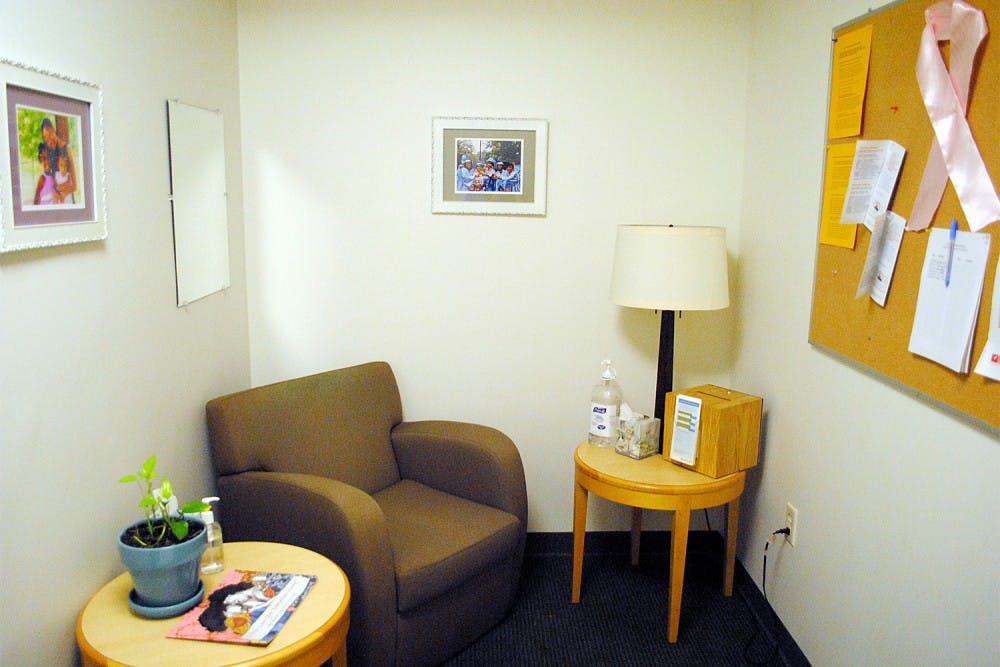She said she’s now more aware of the stigma surrounding breastfeeding in public.
Kent said because she is around students a lot during the day, washing her nursing equipment in the kitchen at work can be awkward.
Kent has been back at work for just a few weeks after recently giving birth and says her work environment has been supportive.
“I think they’ve been very accommodating, and that has helped the transition tremendously,” she said.
According to Section 4207 of the Affordable Care Act, every business with at least 50 employees should have a private space for mothers to nurse, but this space cannot be a bathroom. The law does not specifically say how many lactation spaces a business should have.
Kent said it is rare for most women to have an office with a door that locks and a refrigerator in the closet like she does.
The University gives mothers time to nurse or pump milk and has its own basic requirements for the lactation spaces, described in the Lactation Support Policy, which was adopted in 2010. UNC’s lactation rooms must be 7 feet by 9 feet, lock from the inside and have a sink with hot water within 250 feet.
The size of the facility, the number of people breastfeeding and the amount of time it would take to travel to the lactation space are all factors UNC’s policy considers in creating or designating spaces.




